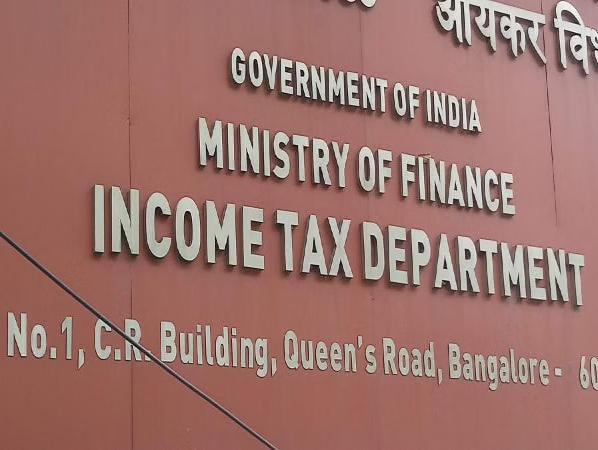Income Tax New Guidelines: The Income Tax Department has relaxed many norms for taxpayers to make them more liberal. Taxpayers are those who contribute heavily to the government’s efforts to stimulate the economy. The Central Board of Direct Taxes (CBDT) has recently issued revised guidelines for compounding of certain offenses under the Income Tax Act, 1961, which will ease the conduct of business and reduce the severity of punishment for offenders. The new guidelines cover different types of offenses covered by the prosecution provisions of the Act.
The CBDT has decriminalized offenses punishable under section 276 of the Act by making them compoundable, which is one of the major changes in the guidelines.
If a law is made compoundable, then whoever violates it can do so while avoiding jail time by paying a fine. Earlier, Section 276 of the Income Tax Act provided for rigorous imprisonment of up to two years for the taxpayer.
The I-T department said in a statement that the eligibility for compounding of cases has been relaxed, making the case of an applicant who has been sentenced to imprisonment for a term of not less than 2 years, which is previously non-compoundable. Yes, now it has been made compoundable. The discretion available with the competent authority has also been suitably restricted?
Prosecution proceedings under section 276 may be instituted if the taxpayer fraudulently removes, conceals, transfers, or transfers any property or interest to any person, for the purpose of recovery of tax. Distributes with the intention of preventing engagement.
Compounding allows a person to evade prosecution by admitting his guilt and paying a specified fee.
As per the revised guidelines dated September 16, the time limit for acceptance of compounding applications has been reduced to 36 months from the earlier limit of 24 months from the date of filing of complaint.
It said that several provisions of the Act have also introduced specific upper limits for compounding charges covering defaults.
CBDT said that the additional compounding charges in the nature of penal interest of 2 per cent per month for up to 3 months and 3 per cent per month over 3 months have been reduced to 1 per cent and 2 per cent respectively.
